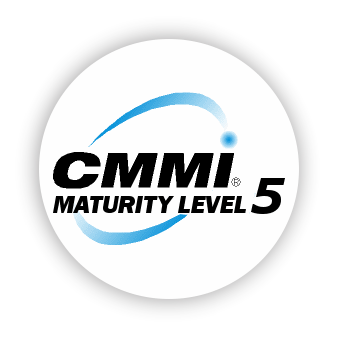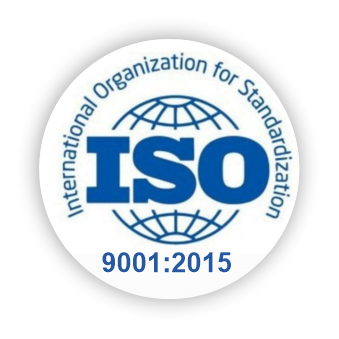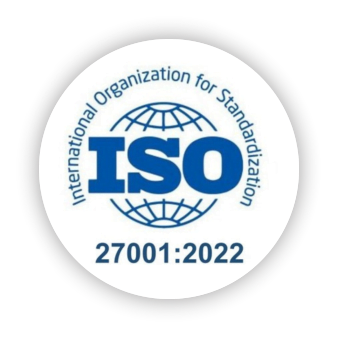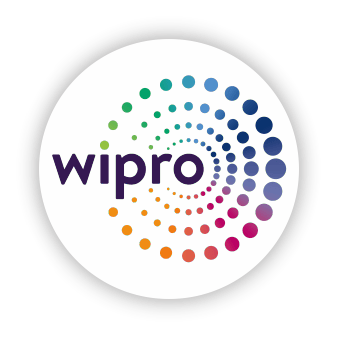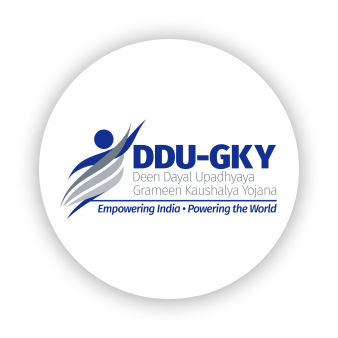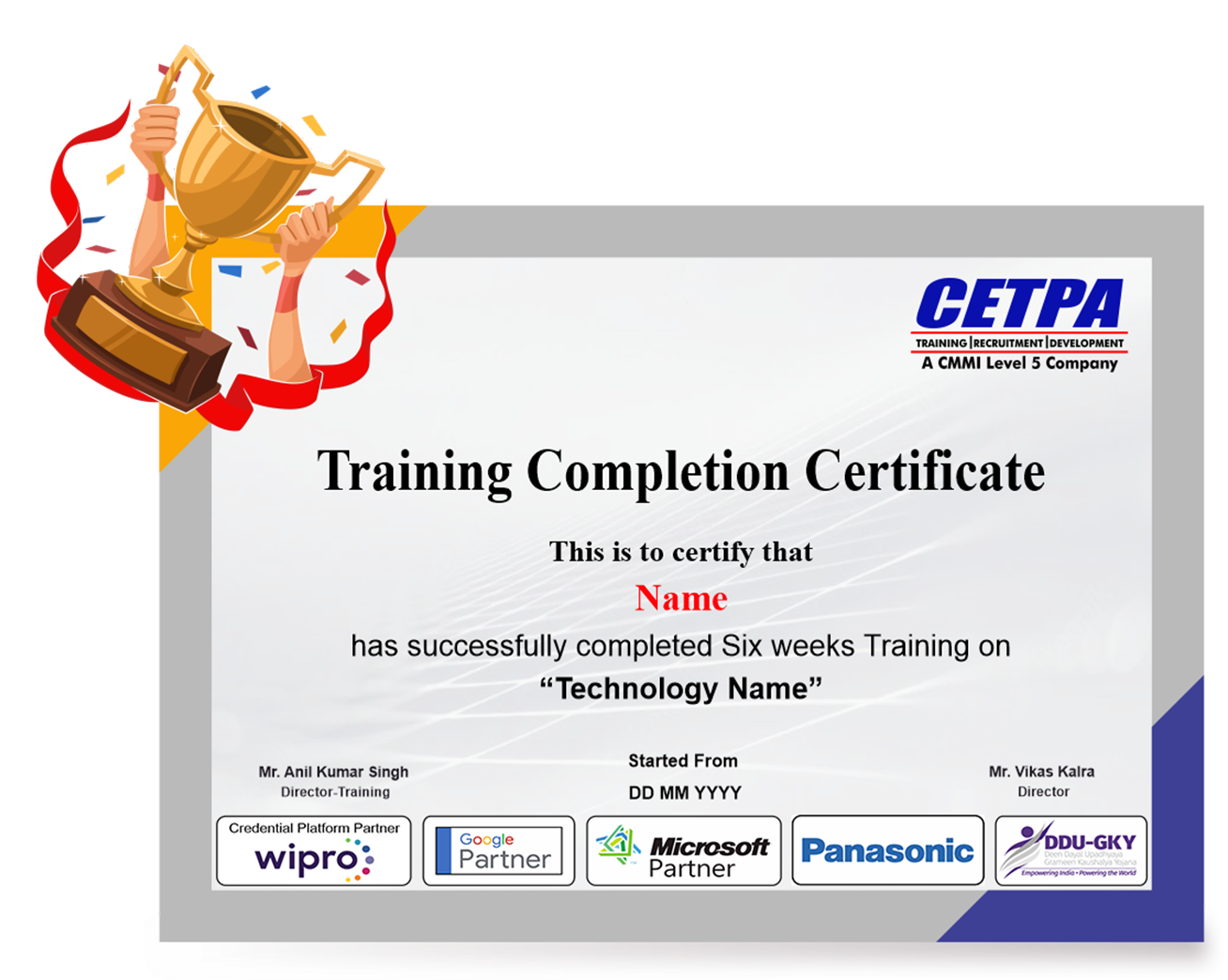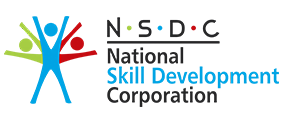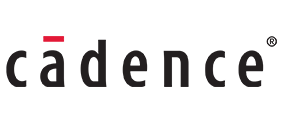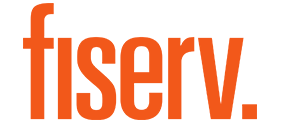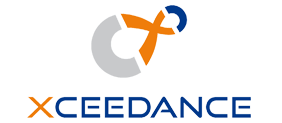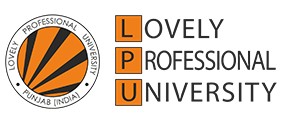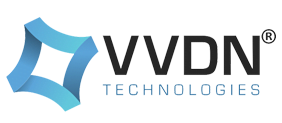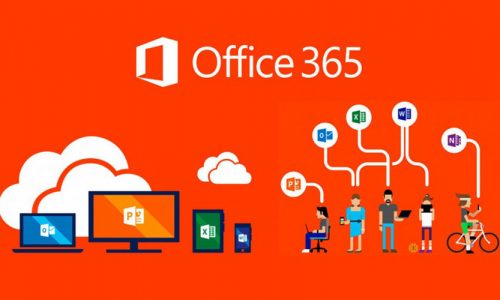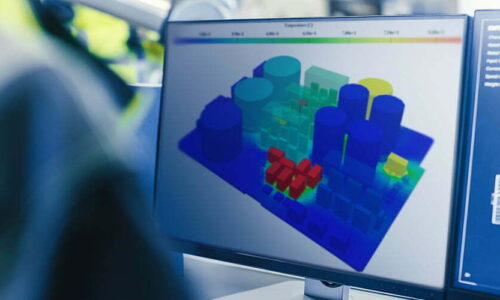DevOps Course Certification Training
Discover the depths of DevOps Technology. Join us now to gain comprehensive insights into DevOps technology from a seasoned professional.
![]() 5.0 out of 5 based on 100 user reviews. |
5.0 out of 5 based on 100 user reviews. |  |
|  |
|  |
| 
Enquire Now
Accreditations & Affiliations
Training Features
devops-course
DevOps is a collaborative approach that bridges the gap between development (Dev) and operations (Ops) teams. It encourages an environment of continuous integration, delivery, and feedback, enabling rapid application development and deployment. DevOps streamlines the software delivery lifecycle by automating infrastructure provisioning, configuration management, and testing processes, leading to increased efficiency and agility.
CETPA Infotech’s DevOps course is among the best devops courses and does more than just teach you technical skills; it also teaches you the basic ideas behind the DevOps culture. You will familiarise yourself with:
- Unlocking the Silo: Existing IT systems often position development and operations as obstacles. DevOps ensures teamwork from start to finish.
- Automation: Utilising tools and scripts to automate repetitive and time-consuming activities, development, and operations teams may concentrate on other matters.
- CI/CD (Continuous Integration and Continuous Delivery): Running several quick cycles of code supply and automated testing to guarantee that faster deployment is secure.
- Infrastructure as Code: Configuration as code, or IaC, makes it easy to store, monitor, automate, and ensure uniformity across locations. The course teaches you not only how to carry them out but also how to achieve them.
CETPA Infotech’s Devops course is among the best devops courses in Delhi. The course helps you master the vital DevOps tools and parents:
- Implement Version Control Systems: Devs use Git to save a history of documents, cooperate efficiently, and manage code distribution.
- Managing Configuration Changes: Easily creating infrastructure arrangement using top Ansible, Chef, and Puppet.
- Constructing Integrated Delivery: Jenkins, GitLab CI/CD, and Travis CI developmental and operational distribution pipelines which check and launch the program mechanically.
- Containerization Technologies: Docker enables packing applications with their dependencies into lightweight, portable containers to offer efficient deployment across multiple environments.
- Container Orchestration Platforms: Kubernetes ensures effective deployment, scaling, and networking of containerized applications to work efficiently at scale.
- Monitoring and Logging Tools: You will be able to get real-time information about any applications and infrastructure components with tools such as Prometheus, Grafana, and ELK Stack to identify issues proactively.
- Security Tools: It is crucial to integrate security at every stage of the DevOps lifecycle. That is why the course covers vulnerability scanning, code security analysis, and secrets’ manners.
It is a crucial part of the course due to the following reasons:
- Version Control Integration: Versions are created when committing code in tools like Git. It also helps run automated builds and tests.
- Automated Builds: Code gets automatically compiled, packaged, and checked through tools like Maven or Gradle.
- Automated Testing: JUnit, for instance, is a tool for unit testing and integration testing. It helps catch bugs early in the development cycle and tests the code quality.
- Deployment Strategies: The processes of blue-green deployment and the canary approach are used to reduce downtime and make everything work smoothly.
- Monitoring and Rollback: Detection of issues over monitoring and functioning with the rollback system. Either way, you can go back to the previous organisations if needed.
This is a vital part of the course for the following reasons:
- Benefits of IaC: Configuration and orchestration of container management.
- Infrastructure as Code Tools: The course also teaches the fundamentals of popular IaC tools, including Terraform, Ansible, and Chef.
- Infrastructure Provisioning: You will master infrastructure provisioning across dev, test, and prod environments. This practice prepares you to automate the setup and configuration of required infrastructure to allow smooth application deployments.
- Version Control and Management of IaC Configs: The course also teaches you how to version-control and manage IaC configuration from a single source of truth.
Containers and Docker have greatly changed how applications get delivered. The course outlines:
- Benefits of Containerization: Containers provide developers with the runtime environments for their applications while enhancing portability and microservice architecture.
- Docker Basics: You will learn how to build, run, and push Docker containers. Especially, you will learn about container registries to enable sharing standard images across your development team.
- Docker Orchestration using Kubernetes: You will also learn about Kubernetes, an orchestration tool for deploying and scaling containers across large clusters
Talk To Advisor
MODE/SCHEDULE OF TRAINING:
| Delivery Mode | Location | Course Duration | Schedule (New Batch Starting) |
|---|---|---|---|
| Classroom Training (Regular/ Weekend Batch) | *Noida/ *Roorkee/ *Dehradun | 4/6/12/24 Weeks | New Batch Wednesday/ Saturday |
| *Instructor-Led Online Training | Online | 40/60 Hours | Every Saturday or as per the need |
| *Virtual Online Training | Online | 40/60 Hours | 24x7 Anytime |
| College Campus Training | India or Abroad | 40/60 Hours | As per Client’s need |
| Corporate Training (Fly-a-Trainer) | Training in India or Abroad | As per need | Customized Course Schedule |
Course Content
Reliability is a core consideration for enabling code and software delivery. The course will also cover:
- Importance of Monitoring: Monitoring allows the dev team to collect real-time data for early performance identification and resolution.
- Monitoring tools: Tools like Helm, kubern, invoke, and nap collect application and system metrics and visualise using dashboards such as Prometheus, alpes, and grade to show performance.
- Logging: Centralised logging, in this case, ELK stack shows integrated logs of applications and system allocating the responsible developer’s name for feedback and next incident recording.
Security is an integral part of the DevOps lifecycle. The course delves into:
- Shifting left security: Security considerations are integrated throughout the software development process, not just as an afterthought.
- Vulnerability scanning: Tools like SAST (Static Application Security Testing) and DAST (Dynamic Application Security Testing) identify vulnerabilities in code.
- Secrets management: Secure storage and management of sensitive credentials like passwords and API keys are crucial to prevent unauthorised access.
- Compliance requirements: The course explores how to integrate security practices to meet industry standards and regulations.
The framework on which the above-disclosed techniques are based is:
- Silos should be eliminated: The organisation should build communication and work culture across different departments such as operation, development, security, and other units.
- Shared Tool Culture: They used the same technology and methodologies that allow them to understand the same way.
- Communication Platform: They form, connect and look as communication platforms such as Slack. DevOps, on the other hand, promotes creativity and effectiveness.
Automation is a cornerstone of DevOps. The course explores:
- Identifying opportunities for automation: Identifying repetitive tasks across the software development lifecycle that can be automated with scripts or tools.
- Scripting languages: Learning scripting languages like Python or Bash for automating tasks efficiently.
- Automation frameworks: Tools like Jenkins and Ansible provide frameworks for building and managing automated workflows.
- The benefits of automation: Automation reduces manual errors, increases efficiency, and frees up time for higher-value tasks.
Learning from real-world examples is crucial for understanding the practical applications of DevOps. CETPA Infotech's DevOps course dives deep into several case studies, showcasing successful DevOps implementations across various industries. Here's a closer look at what you can expect:
- Challenge: A leading e-commerce platform struggled with slow and unreliable deployments, hindering their ability to respond quickly to changing market demands. Manual processes and frequent bugs resulted in delayed product rollouts and frustrated customers.
- Solution: The company implemented a CI/CD pipeline using tools like Jenkins and GitLab CI/CD. This automated the build, testing, and deployment process, enabling frequent and reliable deployments.
- Benefits: The company achieved faster time-to-market for new features, improved software quality due to automated testing, and increased development team productivity by eliminating manual tasks.
- Challenge: A traditional financial institution faced challenges integrating security practices into their development process. This led to vulnerabilities in applications and delayed deployments due to lengthy security checks.
- Solution: The company adopted a "shift left security" approach, integrating security tools like SAST and DAST into the CI/CD pipeline. This allowed for early identification and mitigation of vulnerabilities. Additionally, they implemented secure coding practices and automated configuration management to ensure consistent security across environments.
- Benefits: The financial institution significantly improved application security posture, reduced development delays caused by security audits, and fostered a culture of security awareness across all teams.
- Challenge: A popular media streaming platform faced scalability challenges as its user base grew rapidly. Traditional infrastructure struggled to handle peak loads, leading to performance bottlenecks and service outages.
- Solution: The company embraced containerization using Docker and Kubernetes. This allowed them to package their application into portable containers, facilitating efficient deployment and scaling across a distributed infrastructure.
- Benefits: Containerization enabled the media platform to scale dynamically based on user demand, resulting in improved performance and reduced downtime. Additionally, containerization simplified deployments and increased development agility.
This course is the perfect resource to kickstart your DevOps journey, as it grants you the tools for launching it with ease. Aside from that, you gain insights into the following resources:
- Industry Best Practices
- Online Communities and Forums
This course is notable for placing stress on learning, interaction with others, specifically the vast online communities of DevOps professionals will simplify your learning experience. Additionally, you will receive recommendations for the following learning tools and courses:
- Recommended reading material (i.e., books)
- Other courses or training sessions
This complete structured curriculum may help improve your DevOps skill set and become a stronger professional.
Our Process

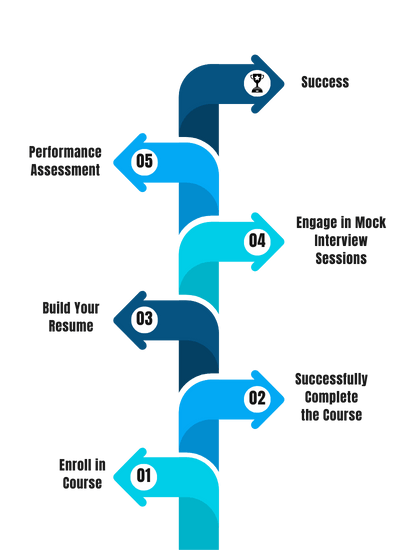
FAQ'S
Career Assistance
- Build an Impressive Resume
- Attend Mock-Up Interviews with Experts
- Get Interviews & Get Hired
Training Certification
Earn your certificate
Your certificate and skills are vital to the extent of jump-starting your career and giving you a chance to compete in a global space.
Share your achievement
Talk about it on Linkedin, Twitter, Facebook, boost your resume or frame it- tell your friend and colleagues about it.
Upcoming Batches
What People Say
Our Partners
Need Customized Curriculum? Request Now
Structure your learning and get a certificate to prove it.

Our Clients
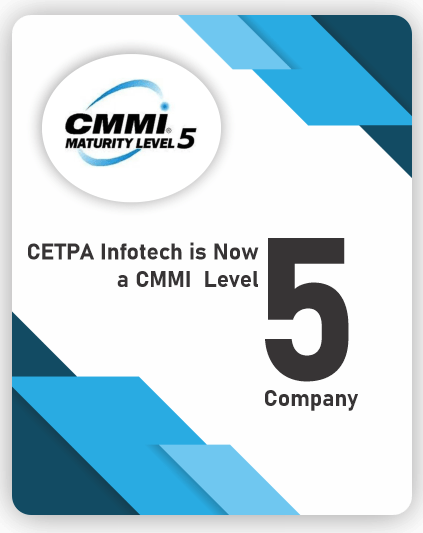
Our Placed Students
Related Courses
Review Us
Course Features
- Lectures 0
- Quizzes 0
- Duration 10 weeks
- Skill level All levels
- Language English
- Students 0
- Assessments Yes



